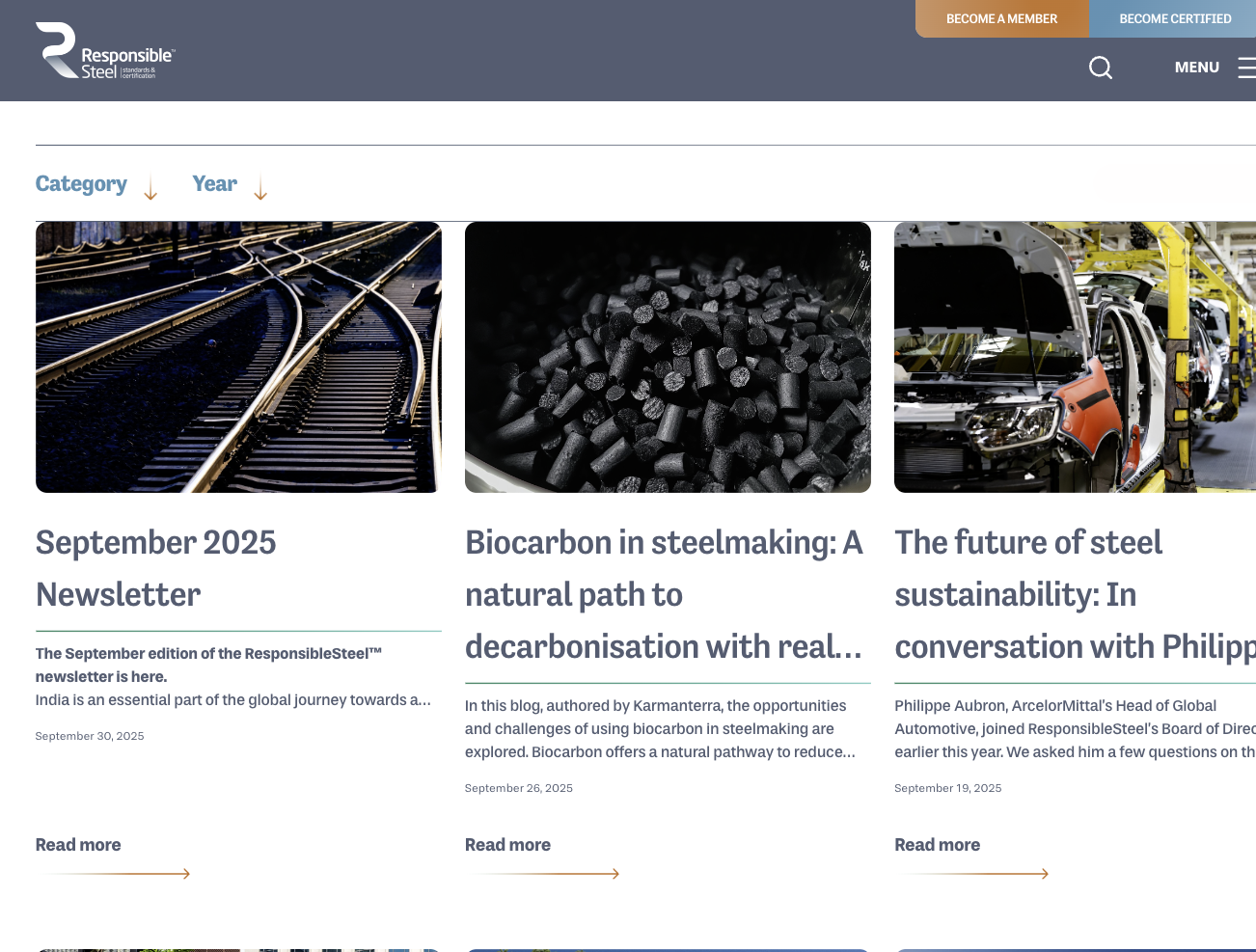Battling Desertification in Saudi Arabia and the UAE: A Journey Towards Sustainable Solutions
Desertification is an alarming global issue with severe implications for the environment, economies, and the quality of life of affected communities. In regions like Saudi Arabia and the United Arab Emirates where arid landscapes dominate, desertification poses a particularly significant threat but fortunately there is a solution, biochar. Below we’ll focus on the critical role of water retention, the potential of biostimulant-enhanced biochar, and how these efforts can improve the lives of citizens in the region.
Desertification in Saudi Arabia and the UAE
Desertification is the process by which fertile land becomes desert due to various factors, including climate change, deforestation, overgrazing, and poor agricultural practices. In Saudi Arabia and the UAE, desertification is a pressing concern due to their predominantly arid climates. This phenomenon not only threatens the delicate desert ecosystems but also affects the livelihoods of people who depend on agriculture and natural resources for their survival.
Water Retention: A Critical Element
One of the primary challenges in combating desertification is the scarcity of water. In arid regions, water is a precious resource, and its efficient use and retention are paramount to preserving soil quality and supporting plant life. Techniques such as rainwater harvesting, drip irrigation, and the construction of small dams and reservoirs play a pivotal role in retaining water and preventing soil erosion. Saudi Arabia and the UAE have made significant strides in implementing these practices to mitigate the effects of desertification.
Biostimulant-Enhanced Biochar: A Sustainable Solution
Biostimulant-enhanced biochar is a groundbreaking innovation that holds immense promise for restoring desertified soils and enhancing plant health outcomes. Biochar is a type of charcoal created from organic waste materials through a process called pyrolysis. It has the unique ability to improve soil structure, nutrient retention, and water-holding capacity. Biostimulants, on the other hand, are substances that stimulate plant growth and enhance nutrient uptake. When combined with biochar, these biostimulant-enhanced biochars become powerful tools for reinvigorating degraded soils in arid regions.
Here's how it works:
1. Improved Soil Structure: Biochar's porous structure acts as a sponge, retaining moisture and essential nutrients in the soil. This, in turn, supports the growth of vegetation even in water-scarce environments.
2. Nutrient Retention: Biochar has a high cation exchange capacity (CEC), which means it can hold and release nutrients to plants more efficiently. Biostimulants enhance this process, ensuring that plants receive the nutrients they need for optimal growth.
3. Water Efficiency: The improved soil structure and nutrient retention capabilities of biostimulant-enhanced biochar reduce the water requirements for crops. This is especially crucial in regions like Saudi Arabia and the UAE, where water scarcity is a constant concern.
Better Quality of Life for Citizens
The adoption of water retention practices and biostimulant-enhanced biochar can have a profound impact on the quality of life for the citizens of Saudi Arabia and the UAE. Here's how:
1. Food Security: Enhanced soil fertility and improved crop yields contribute to food security. With more sustainable agricultural practices, these nations can reduce their reliance on food imports and ensure a stable supply of fresh produce.
2. Economic Diversification: A thriving agricultural sector can support economic diversification by creating jobs and reducing dependence on oil revenues. This, in turn, enhances the resilience of these nations' economies.
3. Environmental Conservation: Restoring degraded soils and preserving desert ecosystems help protect biodiversity and promote a healthier environment.
4. Water Conservation: Water retention practices reduce the pressure on limited water resources and promote responsible water management.
Desertification is a pressing issue that affects countries worldwide, but it holds particularly significant implications for Saudi Arabia and the UAE due to their arid environments. Implementing sustainable solutions like water retention practices and biostimulant-enhanced biochar can go a long way in combating desertification, enhancing food security, diversifying economies, and improving the quality of life for the citizens of these nations. As these countries continue to innovate and invest in these solutions, they set an example for the world in the battle against desertification and the quest for a sustainable future.


















